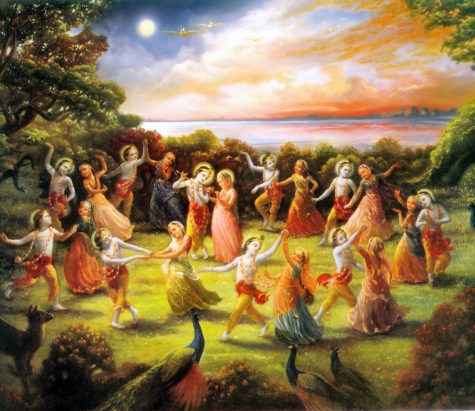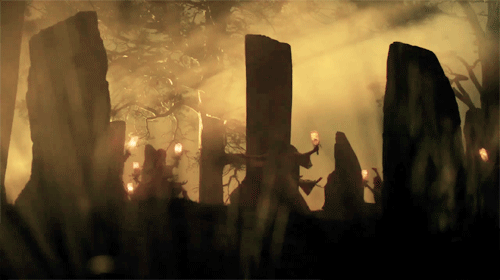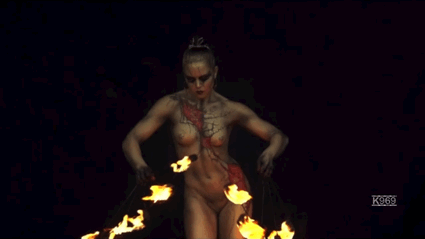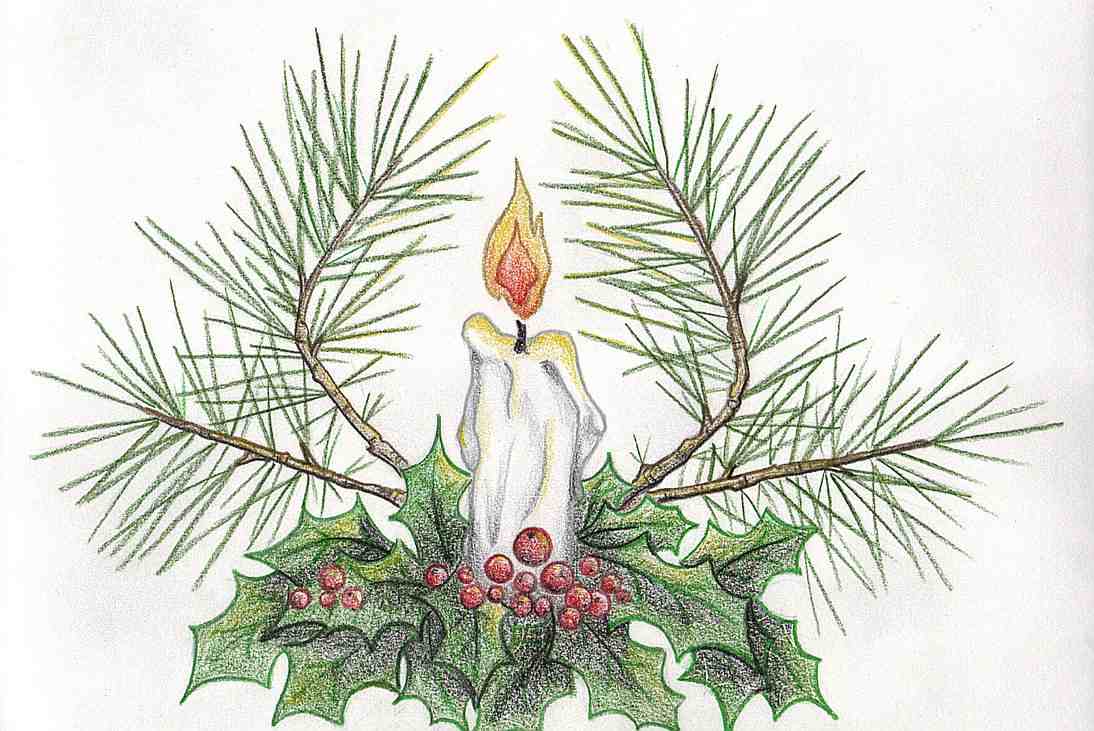Plato believed that the ideal society would have a festival calendar of 365 days, each day celebrating a different aspect or character of the Divine. In that way, he felt, all of human nature could be acknowledged at the proper time.
Festivals would commemorate the notable spiritual events in one’s life – marriage, the birth of a child, the onset of menopause, or the death of a loved one. Some festivals might be more occasional, as in laying the foundation of a new building, the day of planting, harvesting, flower gathering, or the return of the sailing ships. Other festivals might include feasts of ecstatic drunkenness or ecstatic remembrance, of innocence, of sensuality, of chastity, or of forgiveness.
With the proper channel for the personality’s natural drives. Plato believed obsessions might be avoided.
During the Twentieth Dynasty, Egypt’s festival calendar came close to Plato’s ideal. No less than 120 festivals a year occurred during the reign of Ramses III, or approximately one festival every third day! That did not include lunar feasts of heaven regularly held at the new and full moons each month.
Egyptologist C. J. Bleeker believes the many feast days eventually crippled the community and marred the original sacred significance of the festivals. Bleeker seems to judge a feast’s efficaciousness with its austerity and soberness.
Between Plato’s ideal and Bleeker’s vision of hedonism lies a deeper truth. Rather than focus on the amount of days devoted to rejoicing and celebrating, we must look inward. True spirituality comes from the heart. Indeed, a heart that sees the hand of the Divine at work in one’s daily affairs is a heart capable of jubilation every day.
Left to our own devices, however, we might fail to make time to honor the Divine, thus, the regularity of a worship calendar assures that at least part of the time we will focus our desires outside ourselves and reach toward the Divine. That is the very least we can do, since the Creator never fails to reach toward us.
The established religious festival takes us out of our rigid notion of the passing present and places us into the realm of the eternal moment. It is the difference between being trapped in living and dying and racing against the clock and being alive to life’s full potentiality, every moment, every day, all the time.
From: Feasts of Light




